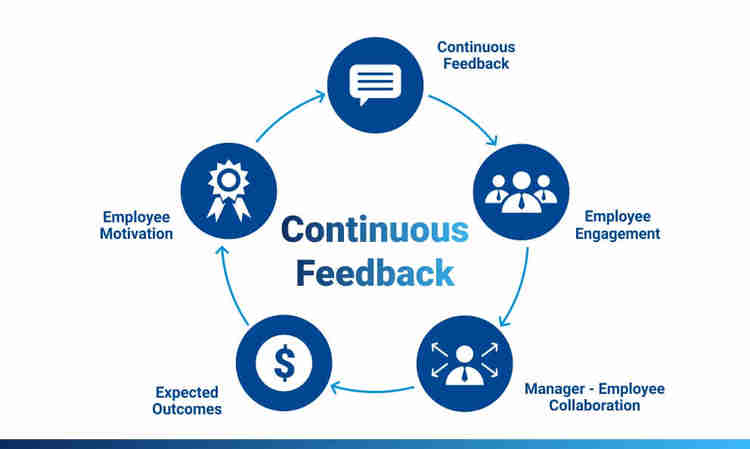Perhaps you might be like me and would dread the annual performance review process each year it would come around. My dislike for the process was so bad one year at one of the organizations I was employed at that I developed severe anxiety because I had a manager who ruled by fear and intimidation.
Despite my best intentions to hit all of my goals and exceed expectations, I always fell short of being considered an excellent or outstanding employee. So, for most of my career I customarily hit that middle rating of meets expectations.
In pay for performance organizations, a standard rating scale of 1-5 is indicative of how well you performed or did not perform in the time frame being evaluated. Of course this method does not provide an accurate picture of all that you accomplished, as it relates to projects, tasks and other assignments that you might have been responsible for.
Personal and professional responsibilities, along with a myriad of distractions can make it difficult to remember the significant achievements that have been accomplished. Are you reminding yourself to write all of your accomplishments down, and including them on your resume?
This blog may seem like I have a personal vendetta against the performance management and review process but, I assure you there is evidence to suggest of it’s ineffectiveness.
The Case Against Performance Management
The performance management process is designed to capture organizational objectives, project driven objectives and personal or professional goals and measure how well an employee met or did not meet those objective or goals over the span of a year.
However, Palakos, Mueller-Hanson and Arad, (2019) mentions that over time, PM has become increasingly complex, requiring many hours of manager and employee time and costing organizations millions annually. Instead of the performance management process being effective it becomes demotivating and it does very little at encouraging performance.

It is often viewed as the forced HR process where the outcome isn’t necessarily a positive one as some managers will wait too late to address performance issues that could have been addressed early and created the opportunity to be corrected. It’s not just the performance management process is time consuming, especially for managers of multiple employees. A critical opportunity is missed to build relationships and trust between the manager and employee if the focus becomes the process itself.
To rectify the negative perception and ineffectiveness of the performance review process. Organizations like Deloitte (Buckingham & Goodall, 2015) decided that their performance management process was outdated and sought to develop a more seamless system by removing it and incorporating check in’s instead. Managers are asked to provide feedback after the completion of projects or once a quarter if the project is long in duration.
Why would check in’s and continuous feedback be more effective?
- Learning, growth and development is highly encouraged. Allowing managers to coach, mentor and adjust objectives on an ongoing basis.
- Employees receive real-time feedback as opposed to waiting until the end of the year. Providing an accurate picture of how employees are doing.
- Seen more as a coaching process and employees don’t feel lectured to.
A Culture of Continuous Feedback Enhances Productivity
Organizations are only successful if their employees are productive, engaged and performing at their best. So, consider the culture that you want to embody in your organization. If you want to empower your workforce to develop trust, build relationships, increase retention and encourage learning and development – A culture rooted in continuous feedback is best as it yields positive outcomes. It replaced the need to rate employees Fang & Weisner (2019) and focuses on real tangible results.
References:
Buckingham, M., & Goodall, A. (2015). Reinventing performance management. Harvard Business Review, 93(4), 40-50.
Fang, Y., & Weisner, A. (2019). What are Best Practices to Measure Employee Performance to Support Hiring Promotion With No Ratings?
Pulakos, E. D., Mueller-Hanson, R., & Arad, S. (2019). The evolution of performance management: Searching for value. Annual Review of Organizational Psychology and Organizational Behavior.





